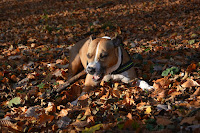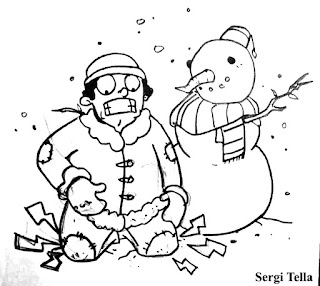Plurals in German
Hi all, We have been dealing with several things: Vocabulary, articles corresponding to the names, declensions, etc.. In German, plurals are not as simple as in English. It is not as simple as addin an s . There are a few plural endings, and we must know which one goes with each word. This seems simple but it is very easy to get confused. I believe that eventually, one should remember the plural form by just hearing it repeatedly, however, it is nice to have an aid to memorize the names together with their the plurals. I have separated all these categories in 6 plural endings. The way to do this would be the following. We will create 6 objects or figures. We will place this figures in the same location and story where we have the name. Therefore, we will be able to remember in one go, the meaning of the nouns, the gender and also its plural. Ending Association Example -n N ail polish die Lampe – die Lamp en -en Default plural ...


